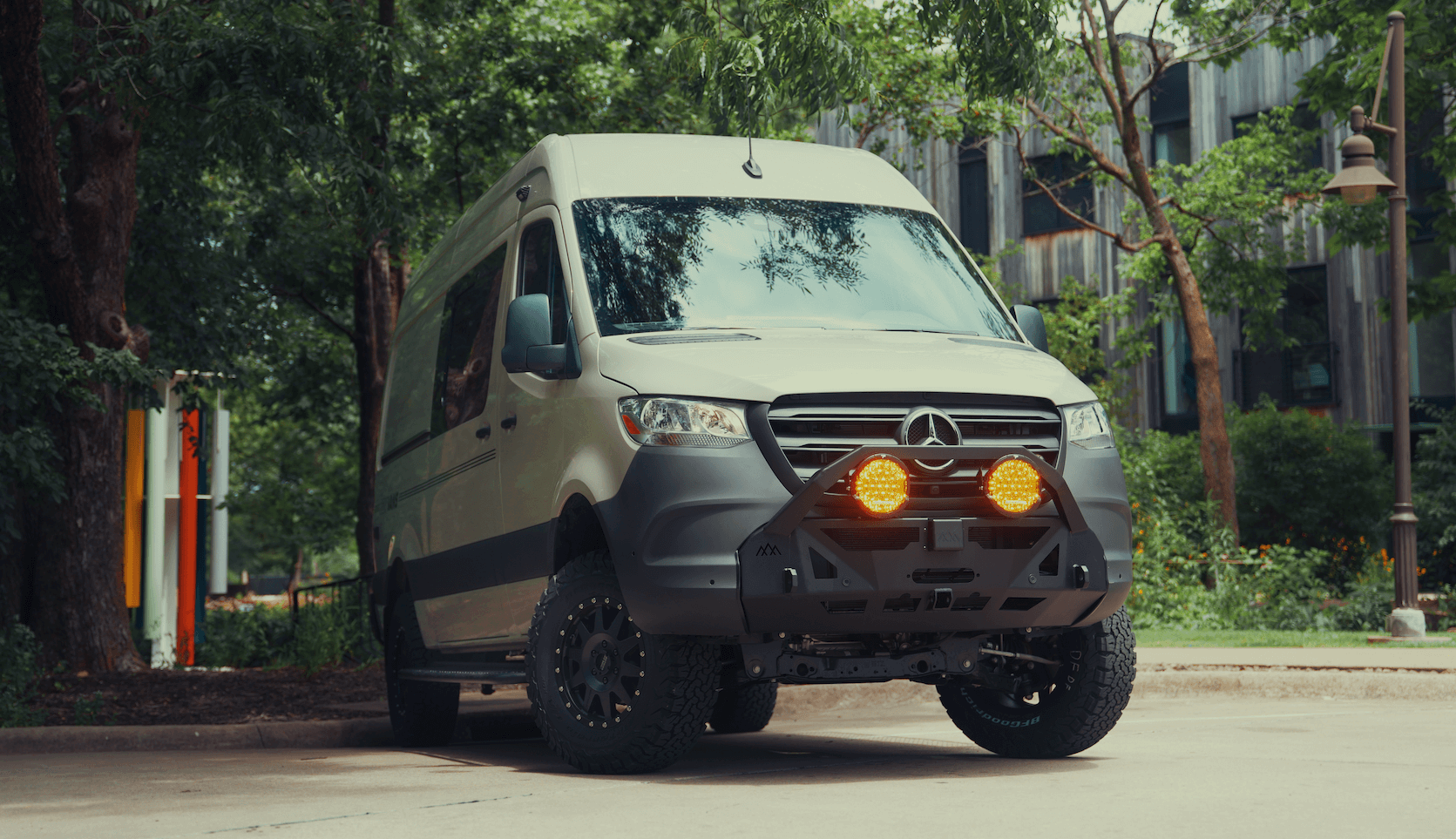Recreational Vans

Homesteading on wheels is the art of taking the self sufficient mindset on the road. Instead of a fixed plot of land, your van or truck becomes the homestead. You produce or store what you need, manage your own utilities, and keep a simple footprint while you travel. It is less about living out of a vehicle and more about living from it. The goal is to build rhythms that keep you fed, powered, and rested without depending on hookups or constant purchases.
This lifestyle starts with clarity. How many days do you want to stay off grid between supply runs. What climate will you chase. How much cooking do you do inside versus outside. Your answers drive decisions on insulation, ventilation, power storage, water capacity, and food systems. A mobile homestead is a set of tradeoffs, so set your priorities early and size every system around them.
Success comes from routine. Mornings might include checking battery levels, rotating produce, and topping drinking water. Afternoons may be for moving camp, scouting legal parking, or solar positioning. Evenings might be about tidying, consolidating waste, and logging supplies to plan the next resupply stop. Small habits keep the machine smooth and prevent stress.
The backbone is power. A typical setup blends roof solar, a high output alternator charge while driving, and a lithium battery bank sized to at least one full day of load with reserve. Induction cooking, refrigeration, fans, lights, and device charging add up, so list every watt and hour. Quality charge control, safe cabling, fusing, and ventilation matter as much as capacity. A quiet power system keeps your home safe and your nights calm.
Water and waste come next. Many travelers balance a main fresh tank with smaller jugs for agility and redundancy. A simple filtration stack gives you confidence when filling from varied sources. Grey water can be contained in a portable container for responsible disposal. For black water, many choose a urine diverting or composting style toilet to reduce water use and simplify disposal planning. Hygiene is easier with a pressure sprayer or compact shower and a heat source that fits your climate.
Food strategy blends storage and small scale production. A well insulated fridge or chest freezer protects nutrition on long stints. Dry staples like rice, oats, and beans carry you far. You can grow microgreens or sprouts in trays that ride smoothly and are ready in days, adding fresh crunch without land or sun exposure. A cast iron skillet, pressure cooker, and compact coffee kit cover most meals. Outside cooking reduces moisture and heat inside the cabin.
Legal parking and respectful camping keep this lifestyle possible. Learn the difference between dispersed camping on public lands, permitted areas, and restricted zones. Always confirm local ordinances on overnight parking and length of stay. Pack out every bit of trash, use established spots when possible, and avoid sensitive ground. Keep a low profile, arrive late, leave early, and move routinely to be a good neighbor.
Safety is a layered plan. Mechanical maintenance prevents breakdowns. A basic tool roll, spare fuses, fluids, and tire repair kit solve most roadside issues. Interior safety includes a fire extinguisher, smoke and carbon monoxide alarms, and secure storage for heavy items. Connectivity tools like an unlocked phone, booster, and satellite messenger help when coverage is thin.
Income can be remote work, seasonal gigs, or contract projects aligned with your route. Budget with margins for unexpected repairs and health needs. Insurance should reflect a professionally built interior and declared modifications. Keep copies of documents in both cloud and hard copy. A realistic cash buffer and a maintenance calendar protect your momentum.
Now, if you want this lifestyle without guesswork, a purpose built van makes it easier. Thoughtful layouts place cooking, sleep, and storage where your body expects them. Silent insulation, tuned ventilation, and balanced power let you stay off grid longer with less effort. Professional plumbing and electrical reduce risk and pass the road test in heat and cold.
OZK Customs designs and builds vans for real travel, not showroom pictures. We listen first, then engineer power, water, and storage around your actual day. Pick up in Northwest Arkansas, walk through every system at our lounge, and head straight to the trailhead or highway with confidence.
Strong builds make homesteading on wheels feel calm and predictable. When your systems are quiet, the road becomes the garden and the sky becomes the roof.
Tell us how you live, cook, and work. We will turn those answers into a reliable, self sufficient van that makes your mobile homestead easy to manage day after day.
Ready to turn the idea into a capable, comfortable rig built for daily life on the move? Tell us how you travel, cook, and work. OZK Customs will design and build a safe, quiet, power rich van that fits your routine and budget. Start your custom plan today.
ADDRESS:
6159 E Huntsville Rd, Fayetteville, AR 72701
PHONE:
(479) 326-9200
EMAIL:
info@ozkvans.com